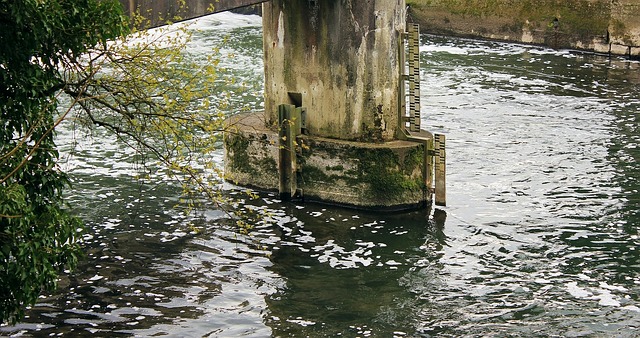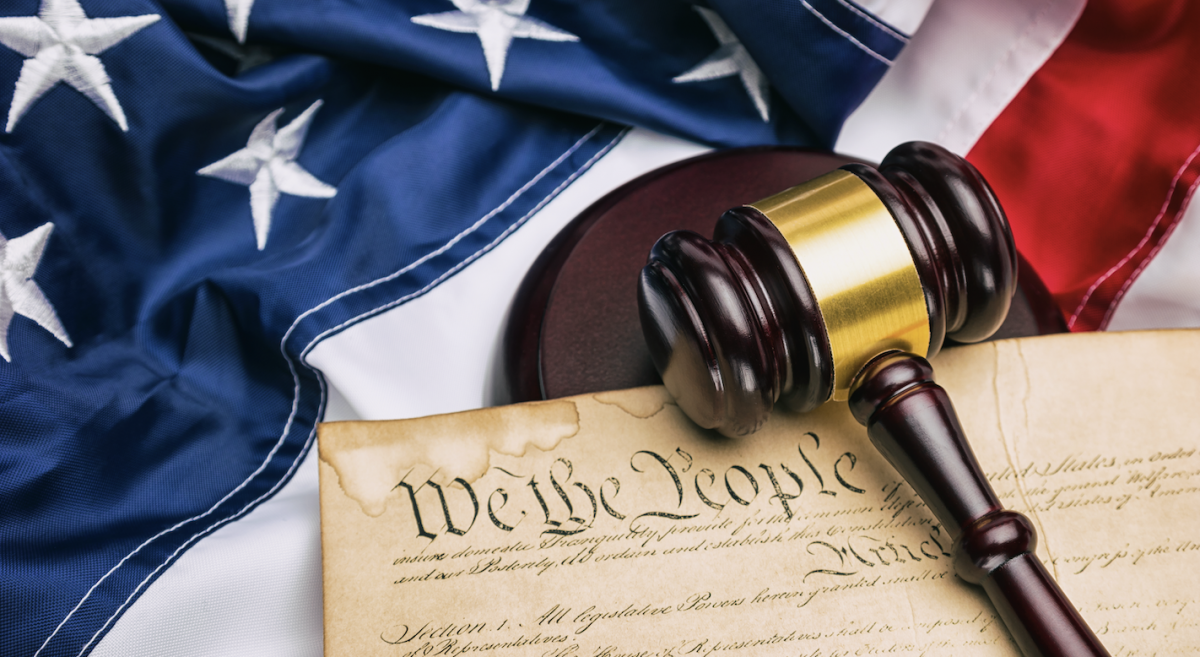
The 2024 BDO Nonprofit Benchmarking Survey Is Out
10.17.2024 | Linda J. Rosenthal, JD

“I assume it’s not just me who checks the 7th Circuit opinion pages multiple times a day to see whether the #ParsonageAllowance decision has been issued yet. I mean, everybody’s checking, right?” [Tweet 1/23/19 1:58 pm @smbrsun ]
In the fall of 2018, Sam Brunson sat in the federal courthouse in Chicago watching the oral argument hearing in Gaylor v. Mnuchin. In the following months, he eagerly awaited the outcome of this long-running, controversial, lawsuit pending in the Seventh Circuit Court of Appeal.
The case was filed back in 2011 by the Freedom From Religion Foundation (FFRF) and had worked its way up (and – once – down) the federal court system in the Midwest for several years. The FFRF challenged the constitutionality of the housing tax break for clergy codified in Internal Revenue Code section 107(2). Titled “Rental Value of Parsonages,” the statute grants an exemption from gross income to “ministers of the gospel” for the value of a parsonage provided or the rental allowance included in compensation to be spent for housing. Commonly referred to as the “parsonage allowance” or the “clergy housing allowance,” this law has strong proponents and dedicated opponents.
By the way, the constitutional challenge in Gaylor v. Mnuchin is not about the odd “ministers of the gospel” language; that phrase has been interpreted to apply broadly to clergy of all religions. (Some tough calls, though, remain on who is “clergy” within a particular religion or denomination.)
The specific legal question pondered by the appellate judges in Gaylor that autumn afternoon is whether the tax break is allowable at all under the First Amendment of the U.S. Constitution.
Sam Brunson was not a party or counsel for either side, but he has more than a casual interest in this issue. He is Georgia Reithal Professor at Loyola University Chicago School of Law and author of God and the IRS: Accommodating Religious Practice in United States Tax Law (2018). Chapter 5 is titled “Housing Clergy.”
The Parsonage Allowance: Pros and Cons
Internal Revenue Code section 107(2) has an effect only on a small portion of the population. Of course, for that affected group, it’s a very big deal indeed. “That’s because the benefit is the most valuable one available to qualifying clergy, estimated to be worth nearly $700 million a year, according to the congressional Joint Committee on Taxation.”
To make a long story short, the plaintiff FFRP won the first round in federal district court several years ago; this victory was overturned by the Seventh Circuit on grounds that this plaintiff lacked standing to sue because it had never claimed the tax break. FFRP was allowed to start over, claim the parsonage allowance, have it denied by the IRS, and come back to court. Once again, the district judge, Barbara Crabb, ruled the statute unconstitutional. For the second time, the government appealed.
On March 15, 2019, Professor Brunson tweeted: “It’s Up!” with a link to the Seventh Circuit’s ruling just issued that afternoon. There followed a tweetstorm with more fulsome comments about the 3-0 decision written by Circuit Judge Michael Brennan, tossing Judge Crabb’s second ruling of unconstitutionality.
For Judge Brennan and his colleagues, the 65-year-old statute does not offend the First Amendment. It is now back in full force and effect in Illinois, Indiana, and Wisconsin. (For the rest of the nation, the statute was never in jeopardy.)
“FFRF claims Section 107(2) renders unto God that which is Caesar’s,” Judge Brennan wrote. “But this tax provision falls into the play between the joints of the Free Exercise Clause and the Establishment Clause: neither commanded by the former, nor proscribed by the latter.”
To avoid any further discussion here of God, Caesar, or First Amendment “joints,” we offer a few articles on the topic for you to peruse at your leisure if you are so inclined.
For the rest of us, it’s enough to know in a general way that the “Court of Appeal for the Seventh Circuit in Chicago ruled on March 15, 2019 that the clergy housing allowance is a constitutionally permissible tax benefit.”
Conclusion
What happens next? Plaintiff Freedom from Religion Foundation has until about the middle of June to petition the Supreme Court to review the case. For a number of reasons, it’s unlikely the high court will accept this matter on appeal.
